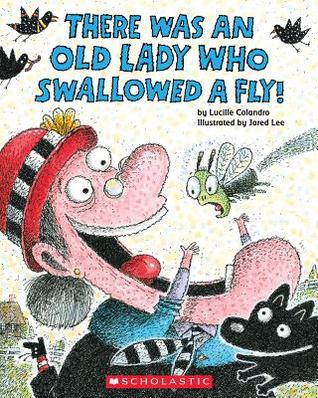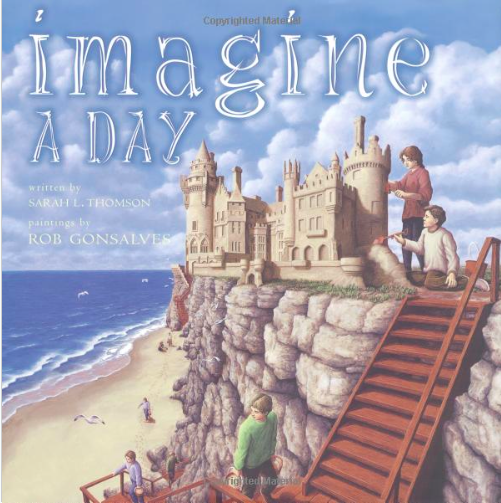 |
| Flickr Creative Commons Photo by Will Clayton |
This month, we are celebrating teacher and poet, Amy Ludwig VanDerwater! Her blog, The Poem Farm, is an amazing poetry and writing instruction resource for teachers. On the "Find a Poem" page, Amy has all the poems on her blog indexed by topic and technique. There is also a link to her amazing A-Z Poem Dictionary Hike, her 2012 National Poetry Month poem-a-day project.
Amy shines a spotlight on teachers and students and the poetry work they are doing in the classroom. On her "Poetry Peek" page, you can visit the classrooms she has featured.
If you and/or your students keep writer's notebooks, you will want to check out Amy's other blog, Sharing Our Notebooks. In the introduction, Amy writes,
"Hello, nosy friends! This blog is written by many different notebook-keepers, highlighting pages from a variety of notebooks: paper, digital, napkin, any kind! Read here, and learn how students, authors, artists, teachers, and people of all types use notebooks to strengthen their thinking. After reading, you might wish to try something new in your own writing, drawing, thinking..."Amy is the co-author of one of Lucy Calkins' Units of Study writing guides, and is in the midst of a beautiful swan dive into the crystal blue water of children's book authoring, with one published (Forest Has a Song) and FIVE more forthcoming.
If you read Amy's blog or follow her on FaceBook, you know that besides being a poet, writer, and teacher, she is mother of three, wife of a science teacher, and very much the farm girl of her blog's Poem FARM name. And you know that one of her (and her family's) passions is rescuing and placing orphaned cats and kittens. Although it veers a bit from our typical donation to a literacy or child-based organization, it just feels right to donate this month, in Amy's honor, to Colony Cats, a local organization that rescues cats as well as practicing TNR (trap, neuter, release) to support the feral cat colonies in the Columbus area. The cat who generously lets AJ and me share his house is a former Colony Cats rescue cat. He gave a twitch of his tail as the sign of his approval of this donation.

.JPG)





























